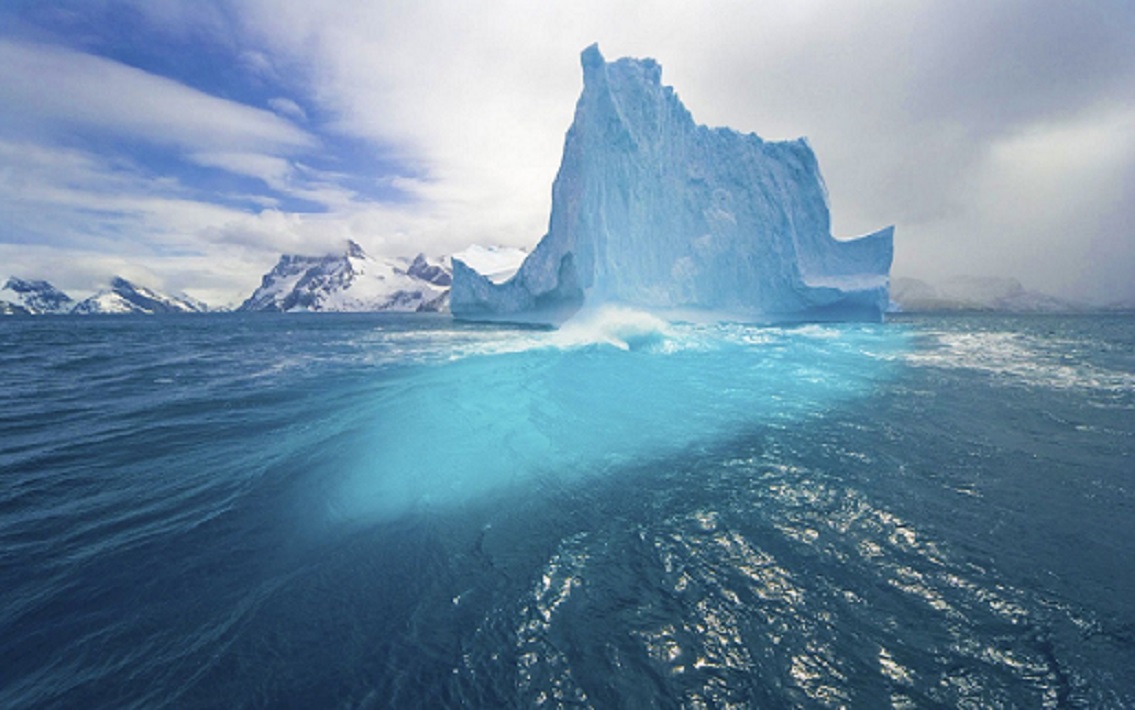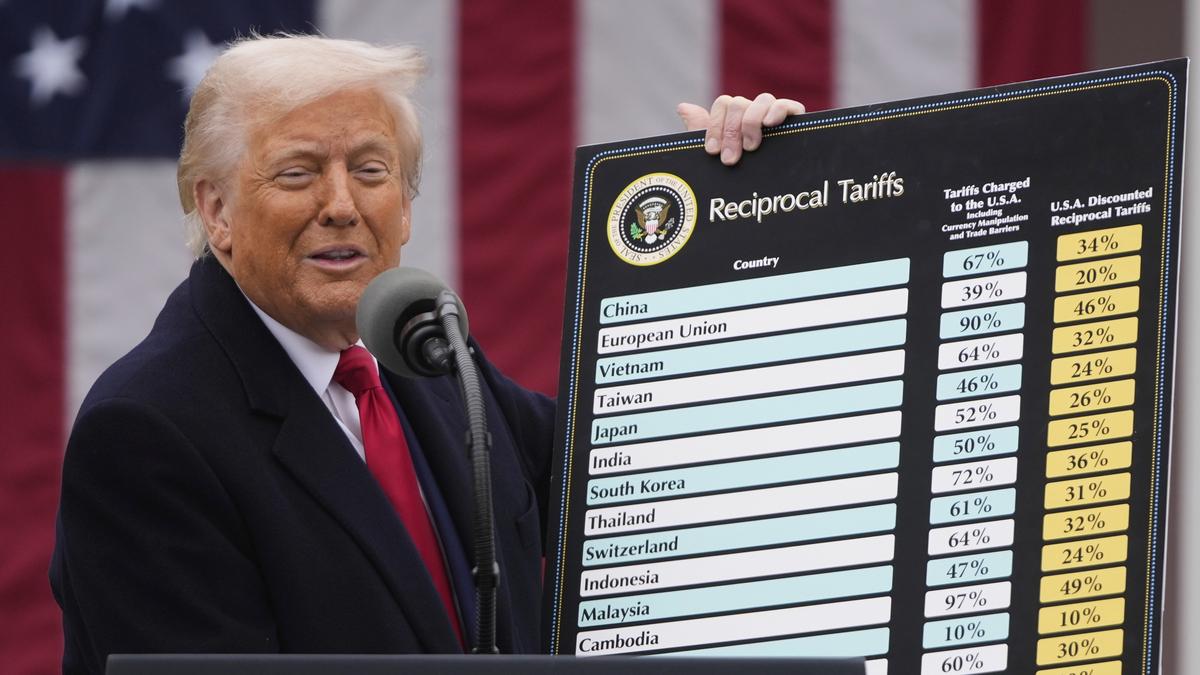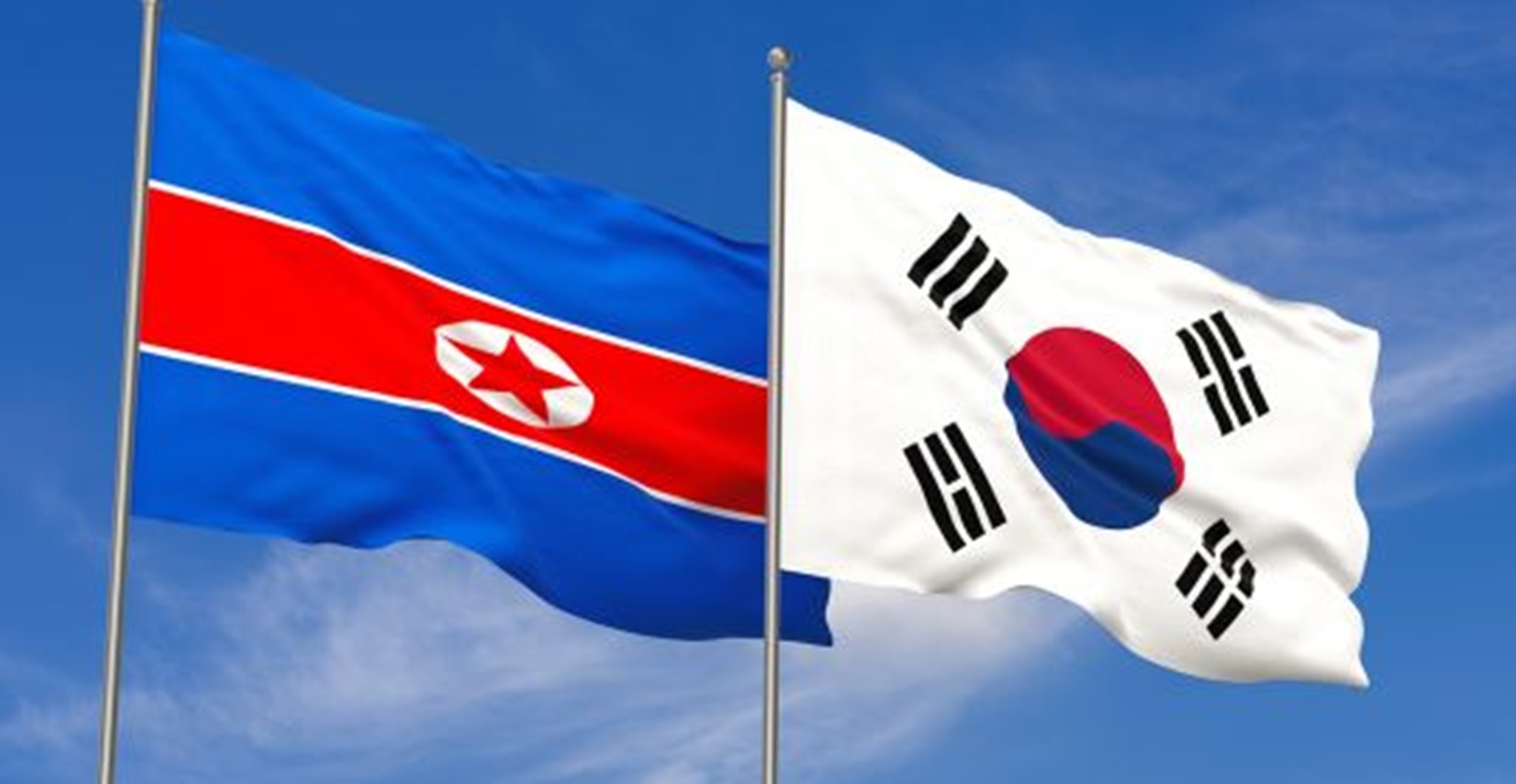India launched its first scientific expedition to the Arctic in 2007 to initiate a series of explorations associated with biological sciences, ocean, atmospheric sciences and glaciology. India’s Arctic programme aims to develop, consolidate and disseminate the current understanding of climate change, its impacts and adaptations. However, the supply of crude from Russia has opened up new opportunities for India in the region to warrant her energy security.
The Arctic Circle includes the Arctic Ocean basin and the northern parts of Scandinavia, Russia, Canada, Greenland, and the U.S. state of Alaska. The area is becoming increasingly important in terms of global geopolitics and strategy. The region is located at the top of the world and is a major trade route. India’s Arctic policy can help the country to secure its interests in the region and to play a more active role in global affairs.
Why the Arctic?
The Arctic is a region of untapped and unexplored economic potential. According to the report of the US Geological Survey it is estimated to contain 13% of the world’s undiscovered oil and 30% of its undiscovered natural gas. The melting of sea ice is also opening up new shipping routes and opportunities for resource development.
However, there are also a number of challenges in the exploration and development of the Arctic. These include:
- The lack of a single international governing body for the Arctic
- Geopolitical tensions between Arctic countries and other powers
- Unpredictable climate change
- Harsh natural hazards
- Environmental degradation
- Pollution
- Threats to indigenous communities
India’s Arctic Policy
The Indian policy on the Arctic is still in its early stages, and the negotiations and discussions are still on the table. In 2007, a group of scientists from the National Centre for Polar and Ocean Research (NCPOR) visited the Svalbard archipelago in Norway and conducted research on climate change and the Arctic environment.

In 2022, India released its first Arctic policy, titled “India and the Arctic Building a Partnership for Sustainable Development”, which has six pillars.
- Science and research: India has a long history of scientific research in the Arctic region. The country plans to continue this research and cooperate with other countries in the region.
- Climate and environmental protection: India is committed to promoting climate change mitigation and protecting the Arctic environment.
- Economic and human development: India seeks to explore the economic opportunities of the Arctic region and to promote human development in the region.
- Transportation and connectivity: India is interested in promoting safe and sustainable transportation and connectivity in the Arctic.
- Governance and international cooperation: India believes that strong international cooperation is essential for the sustainable development of the Arctic region. India‘s observer membership in the Artic Council can make an impact through this policy.
- National capacity building: India is committed to building its scientific, technological, and human resources to support its engagement in the Arctic region.
The Future of India’s Arctic Policy
India’s Arctic policy is still in its early stages, but it has the potential to play a significant role in the region’s future. The country’s strong scientific and technological capabilities, as well as its growing economic and political clout, make it an important player in the Arctic.
India’s Arctic policy is based on the principles of sustainable development, cooperation, and respect for international law. The country is committed to working with other Arctic countries to ensure that the region is developed in a way that benefits all.
Transport Corridor with Russia
After the onset of the Ukraine war, Russia has become the new supplier of crude to India. India and Russia will jointly explore the possibility of using new transport corridors such as the Northern Sea Route and Eastern Maritime Corridor between Vladivostok and Chennai to widen maritime cooperation. A decision to work towards this was made recently during a meeting between India’s Ports, Shipping and Waterways minister, Sarbananda Sonowal and Russia’s Development of the Far East and Arctic minister, A.O. Chekunkov to ensure energy security for India.
Conclusion
The Arctic Is a region of great potential for India. The country’s Arctic policy has the potential to help India secure its interests and future energy security in the region and to play a more active role in global trade.
Disclaimer: The views and opinions expressed by the author do not necessarily reflect the views of the Government of India and Defence Research and Studies
Title image courtesy: https://www.beautifulworld.com/
Reference
- Home | Ministry of Earth Sciences. (n.d.). https://moes.gov.in/sites/default/files/2022-03/compressed-SINGLE-PAGE-ENGLISH.pdf
- Donald L. Gautier,’ Assessment of Undiscovered Oil and Gas in the Arctic’. https://scholar.google.co.in
- https://www.reuters.com/world/india-russia-widen-maritime-cooperation-statement-2023-09-13/








